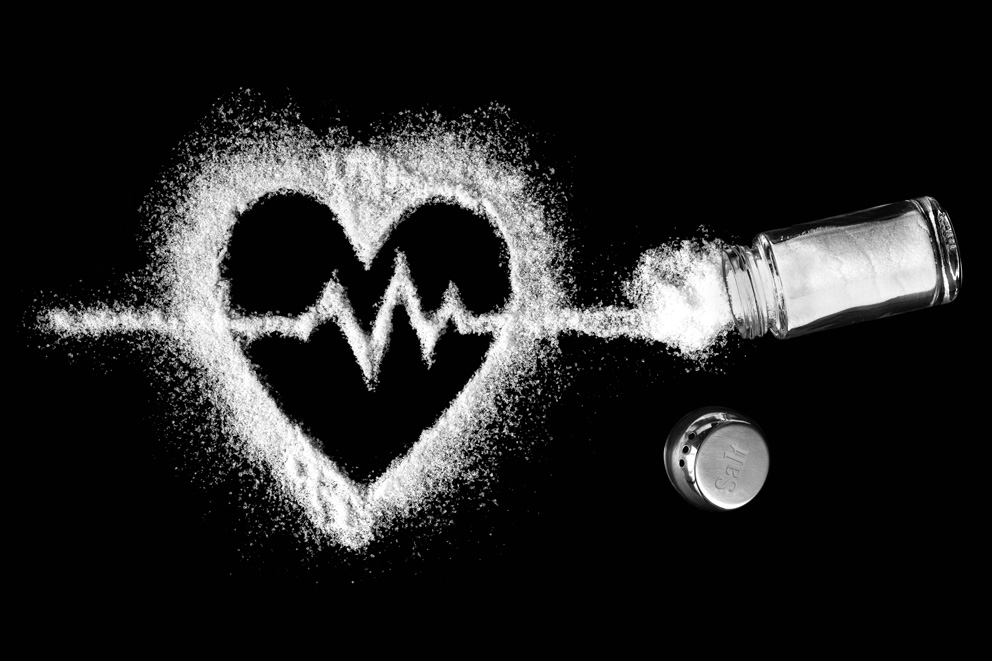NCD Watch
Too Salty for Health
7 May 2024 (Tue)

Unhealthy diets are a leading cause of death and diseases globally, and excessive salt/sodium intake is one of the main culprits. Detrimental effects of high salt consumption on blood pressure are well recognised. The higher the salt intake, the higher the risk of hypertension. Beyond blood pressure, over-consumption of salt can also cause harm to the heart, brain, kidneys etc. and gradually contribute to chronic disease development over time.
For healthy adults, the World Health Organization (WHO) recommends salt consumption of less than 5 grams of salt (the equivalent of less than 2 grams of sodium) per day. This amount is approximately slightly less than 1 level teaspoon of salt. People across the globe in general consume too much salt, with a mean of about 10.8 grams per day or more than twice the WHO recommended maximum level of salt intake for adults.
Likewise, local people consume too much salt. The Population Health Survey 2020–22 of the Department of Health (DH) showed that the mean daily salt intake in persons aged 15–84 was estimated at 8.4 grams. Overall, 83.9% of persons aged 15–84 had daily salt intake above the WHO recommended limit of less than 5 grams per day.
For the choice of dietary salt, the Working Group on Prevention of Iodine Deficiency Disorders recommends members of the public to use iodised salt instead of ordinary table salt for maintaining adequate iodine nutrition, while keeping total salt intake below 5 grams per day to lower the risk of raised blood pressure.
To prevent and control non-communicable diseases associated with excess salt consumption, the DH will continue to promote healthy eating, appealing members of the public to eat less salt.
Source: NCD Watch May 2024This link will open in a new window






































